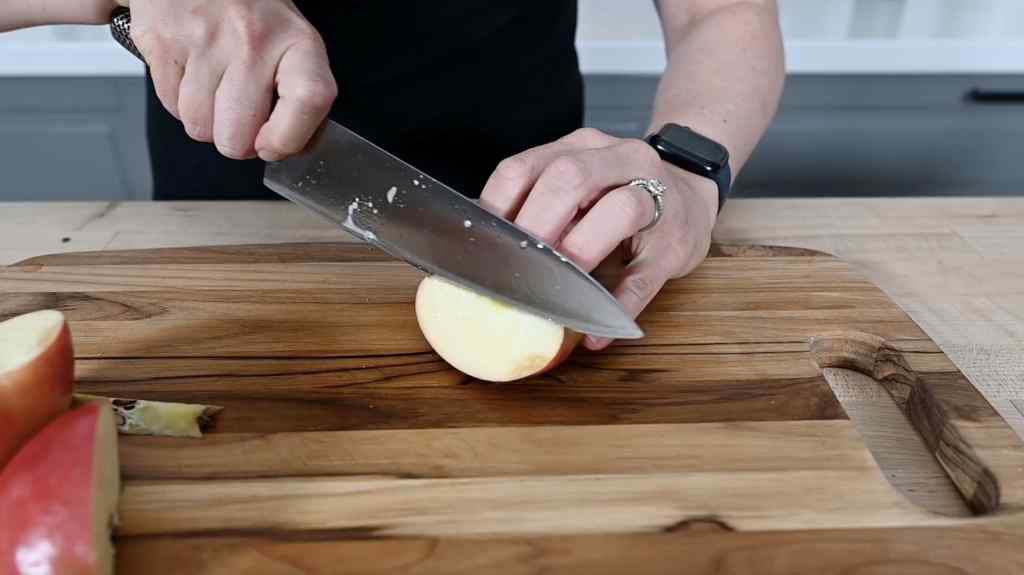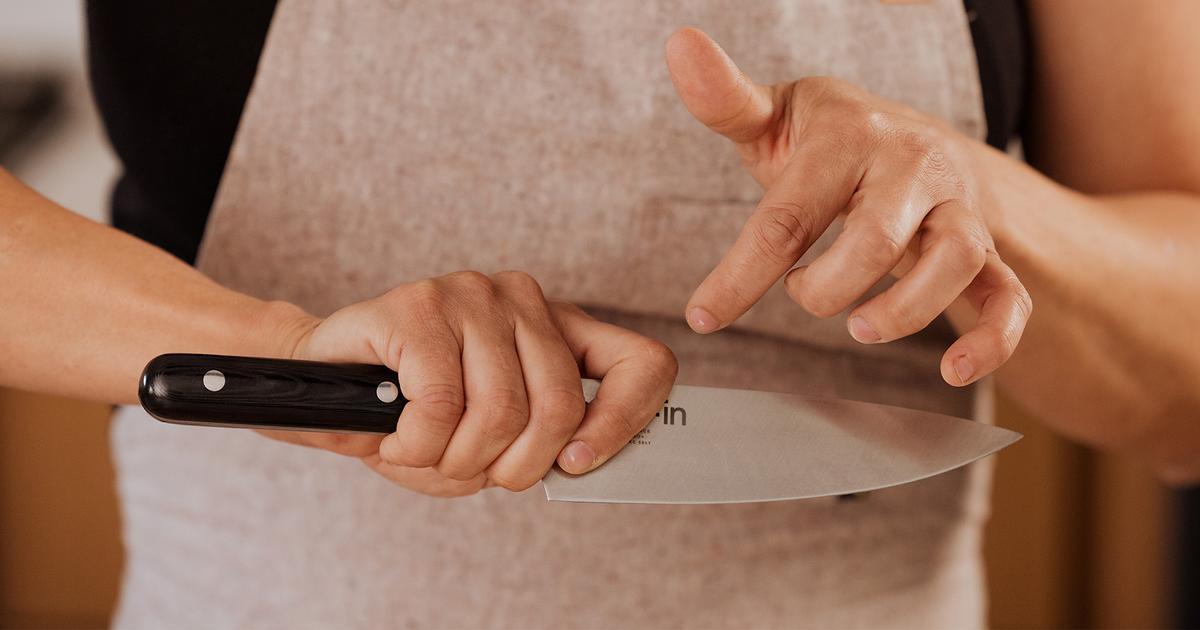In the culinary world, the quality of your tools can make all the difference. For kitchen professionals, understanding the german knife quality indicators is crucial. German knives are renowned for their durability, precision, and craftsmanship, and knowing what sets them apart is essential for any chef.
German knives have been a staple in kitchens around the world for centuries. Their reputation for excellence is no accident. The city of Solingen, known as the 'City of Blades', is renowned for its high-quality knife production. This long-standing tradition of craftsmanship has led to the development of specific quality indicators that chefs and kitchen enthusiasts look for when selecting a German knife.

Understanding German Knife Construction
One of the primary indicators of a high-quality German knife is its construction. German knives are typically forged, which means they are made from a single piece of steel that is heated and shaped. This process results in a stronger and more durable blade compared to stamped knives, which are cut from a sheet of steel.
The type of steel used is another important factor. German knives are often made from high-carbon stainless steel, which offers a good balance of hardness and corrosion resistance. This type of steel is ideal for maintaining a sharp edge while being resilient to the wear and tear of everyday use.
The Role of Blade Design
Blade design is another critical indicator of quality. German knives typically have a bolster, which is the thick junction between the blade and the handle. The bolster adds strength and balance to the knife, making it easier to handle and control.
The blade's edge is usually designed with a slight curve, which facilitates the rocking motion used in chopping and slicing. This design is particularly favored by chefs who require precision and efficiency in their cutting techniques.
Handle Material and Ergonomics
A knife's handle is just as important as its blade. German knives often feature handles made from durable materials such as POM (polyoxymethylene) or wood. These materials are chosen for their ability to withstand moisture and provide a comfortable grip.
Ergonomics play a significant role in handle design. A well-designed handle will allow for extended use without causing fatigue or discomfort. Chefs often look for handles that offer a secure grip, even when wet, ensuring safety and precision during use.
Balance and Weight
Balance and weight are crucial indicators of a knife's quality. A well-balanced knife will feel comfortable in the hand and allow for effortless cutting. The weight of the knife should be evenly distributed between the blade and the handle, providing stability and control.
German knives are typically heavier than their Japanese counterparts, which can be advantageous for certain cutting tasks. The added weight can help in cutting through denser foods with ease, making them a preferred choice for many professional chefs.
Reputation and Brand Legacy
The reputation of the manufacturer is another important indicator of quality. Brands like Wsthof and Zwilling J.A. Henckels have established themselves as leaders in the industry due to their commitment to excellence and innovation.
These brands have a rich history of producing high-quality knives that are trusted by chefs worldwide. Their dedication to maintaining high standards of craftsmanship is a testament to their legacy of quality.
Choosing the Right Knife for Your Kitchen
When selecting a German knife, it's essential to consider these quality indicators to ensure you choose a tool that will meet your needs and last for years to come. Whether you're a professional chef or a home cook, investing in a high-quality German knife is a decision that will enhance your culinary experience.
For more insights into the world of high-quality knives, check out this article on The Legacy of Solingen, Germany and its impact on the knife industry.

FAQs
What makes a German knife high quality?
High-quality German knives are known for their forged construction, high-carbon stainless steel, balanced weight, and ergonomic handle design.
How can I identify an authentic German knife?
Authentic German knives often feature the manufacturer's stamp, a bolster, and are made from high-carbon stainless steel. You can learn more about identifying authentic German knives in this guide.
Why are German knives preferred by professional chefs?
Professional chefs prefer German knives for their durability, precision, and the ability to maintain a sharp edge. Their design is ideal for a variety of cutting techniques.
Explore more about the differences between German and American knives in this comparison.


























